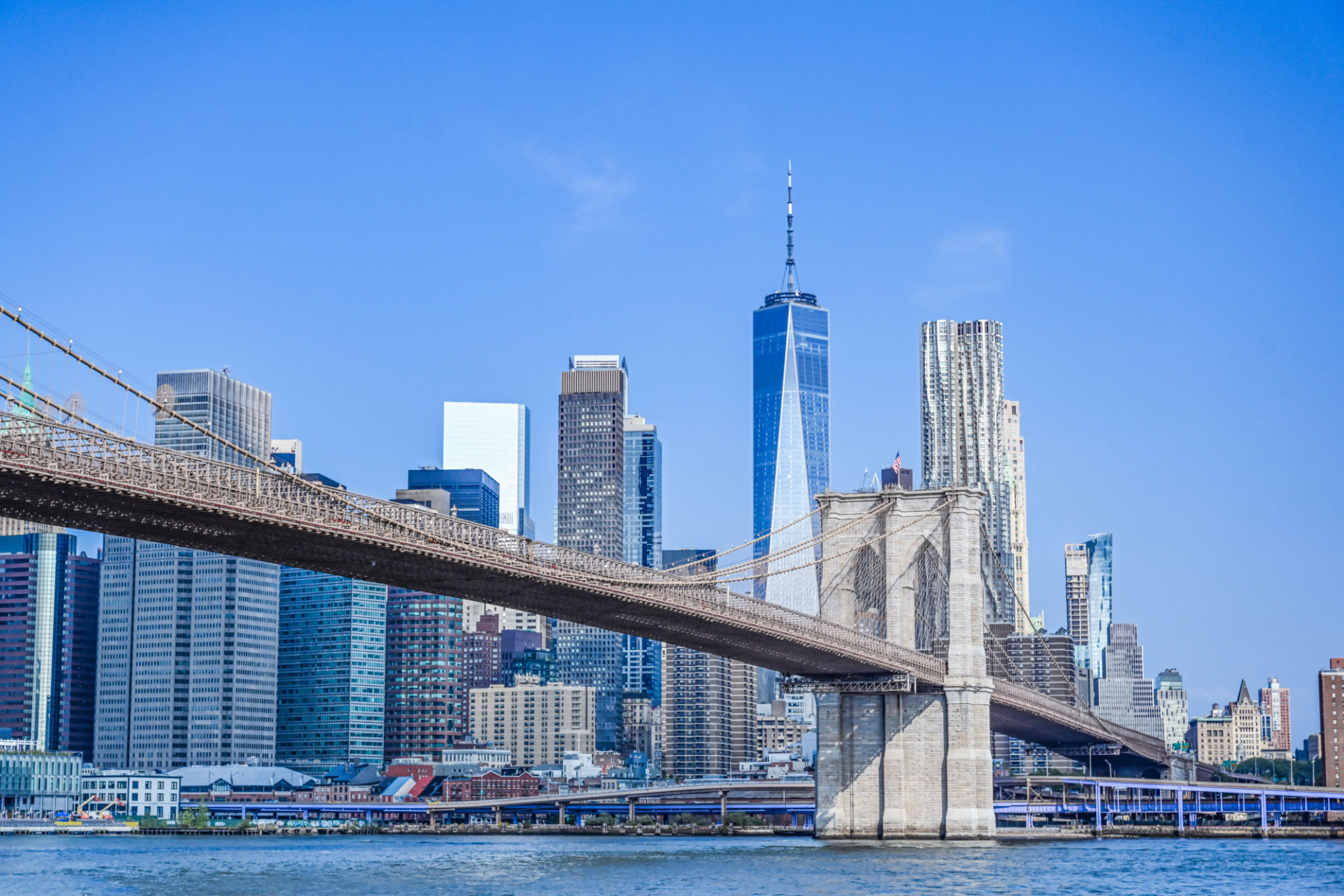The Impact of New York City Regulations on HVAC Installation and Maintenance
Understanding New York City's HVAC Regulations
New York City has a unique climate that necessitates effective heating, ventilation, and air conditioning (HVAC) systems. However, the installation and maintenance of these systems are heavily regulated to ensure energy efficiency and safety. Understanding these regulations is crucial for HVAC professionals and building owners alike.
The city has implemented stringent guidelines aimed at reducing energy consumption and promoting sustainable practices. These regulations impact every aspect of HVAC systems, from their design to their ongoing maintenance. Compliance with these rules is not optional; it's a legal requirement that carries significant penalties for violations.

Energy Efficiency Standards
One of the primary focuses of New York City regulations is energy efficiency. The city mandates that all new HVAC installations meet specific efficiency standards. This means using equipment that reduces energy consumption while maintaining optimal performance.
For example, HVAC systems must adhere to the city's Local Law 97, which aims to reduce greenhouse gas emissions from large buildings. This law impacts how systems are designed, encouraging the use of high-efficiency units and advanced control technologies.

Permitting and Compliance
Before any HVAC installation can begin, a permit must be obtained from the Department of Buildings. This ensures that all systems are installed according to code and are safe for operation. Strict compliance checks are carried out during installation and maintenance to ensure all work adheres to city standards.
The permitting process involves submitting detailed plans, which are then reviewed by city officials. Any deviations from approved plans can result in fines or mandatory modifications, making it essential for contractors to stay informed about current regulations.

Regular Maintenance Requirements
Once an HVAC system is installed, regular maintenance is required to ensure it continues to operate efficiently and safely. New York City regulations stipulate that certain components, such as cooling towers and boilers, undergo routine inspections and maintenance checks.
This not only helps in identifying potential issues before they become serious problems but also ensures compliance with health and safety standards. Failure to maintain systems appropriately can lead to operational inefficiencies and increased energy costs.
The Importance of Professional Expertise
Given the complexity of New York City's HVAC regulations, having professional expertise is invaluable. Certified HVAC professionals are well-versed in the latest laws and technologies, ensuring installations and maintenance meet all legal requirements.
Hiring knowledgeable contractors can save building owners time and money by avoiding costly compliance errors. Additionally, professionals can offer insights into the latest energy-saving technologies, further enhancing the efficiency of HVAC systems.

Conclusion
New York City's regulations on HVAC installation and maintenance are comprehensive and designed to promote energy efficiency and safety. By understanding these rules and working with certified professionals, building owners can ensure their systems are compliant, efficient, and environmentally friendly.
Staying informed about regulatory changes is crucial for anyone involved in the HVAC industry in New York City. With ongoing developments aimed at reducing carbon emissions, the landscape of HVAC regulations will continue to evolve, making it essential to stay updated.
